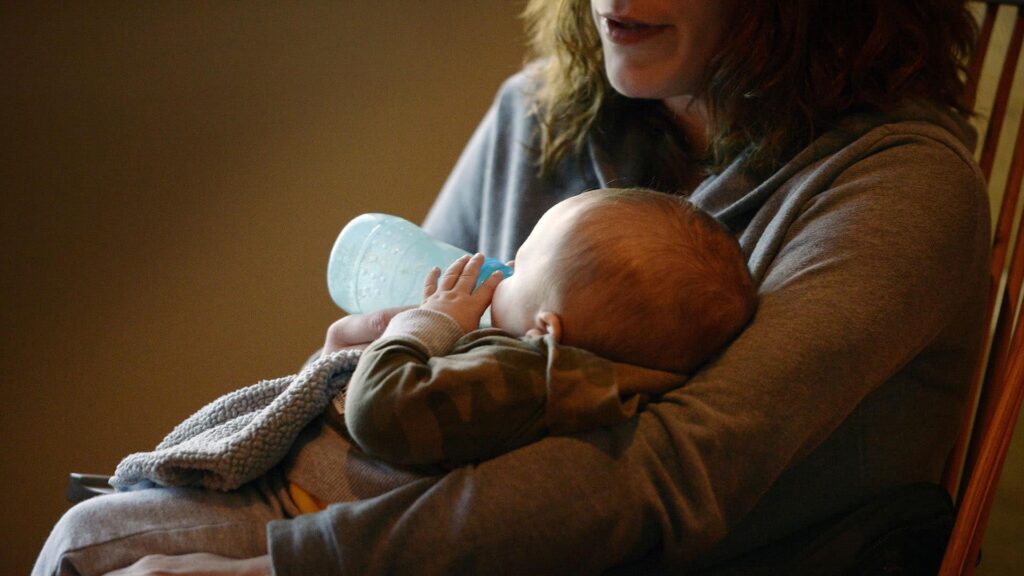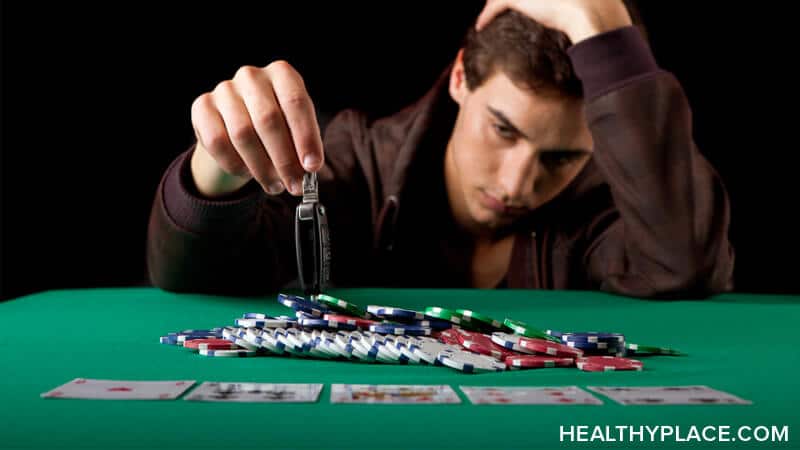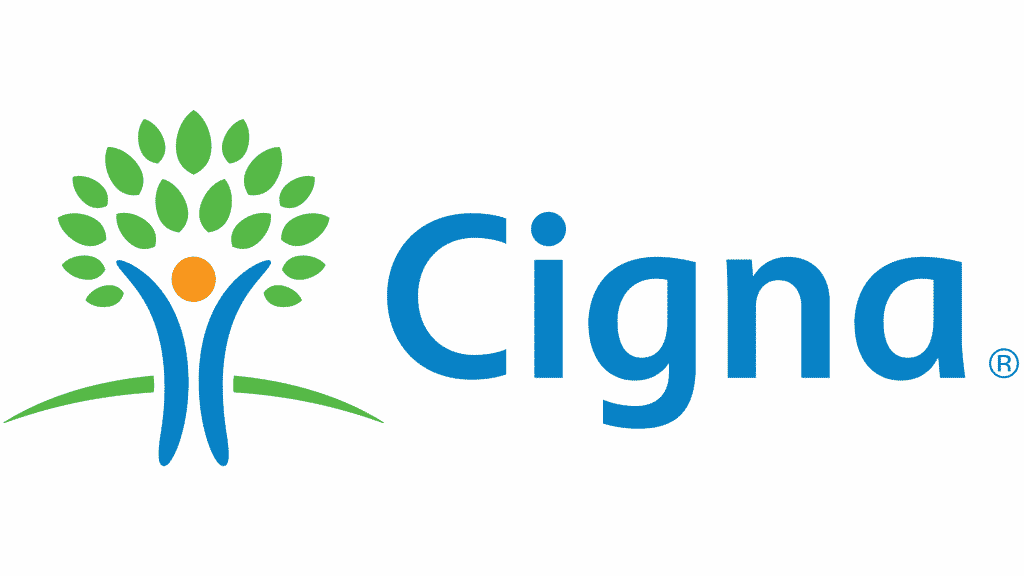When you have a friend, you should be there for them as much as you can. They should be there for you as well. However, what happens when you have an addicted friend. They are caught up in using drugs or alcohol. You are left to clean up their messes, worry about them, and be confused as to what you can do. This doesn’t have to be the case. The first thing you should know is that enabling won’t get either of you anywhere good. There are some tips that can assist you when you are trying to help your addicted friend.
Talk to Them While They Are Clean and Sober
This may not always be an option, especially if they are drinking or drugging all the time. However, you should try to talk to them while they are clean and sober. This is the time when they are going to be most clear-headed and ready to listen to you. They may still be on edge and thinking about using or drinking, however, they are more likely to engage in a conversation with you. They are also more likely to remember and retain the information you are saying to them.
Support Them on Their Sober Days
If you have an addicted friend that goes out drinking on the weekends, don’t participate in these activities with them. Instead, you can choose to support them on their clean and sober days. Go hang out with them after they get out of work on a Wednesday. Pick up the phone and call to see how they are doing on a Thursday. By supporting your addicted friend on the days when they are not using drugs or drinking, they are more likely to see that you are going to be there for them if they choose to get clean and sober. You are going to be there for them if they decide to go into an alcohol or drug rehab program.
Go to Meetings with Them
Does your addicted friend want to start getting the help they need to overcome an addiction to drugs or alcohol? If so, you can agree to go to meetings with them. They may be scared, especially, if it is their first time attending addiction recovery meetings, such as NA or AA. If you go with them, they will know someone there and may feel more comfortable getting started in their recovery. They may not attend these meetings until after they attend an alcohol or drug rehabilitation center, but just let them know you are there for them throughout their recovery journey.
Do you have an addicted friend? If so, now is the time to do something to help them. While they may not jump right on board with getting addiction treatment help, you can practice these tips. The more you are there for them, the more they may realize that a life of sobriety is better for them. This may inspire them to get into an alcohol or drug rehab facility.
If they are ready to do that, they can call 888-992-7955 today.


















